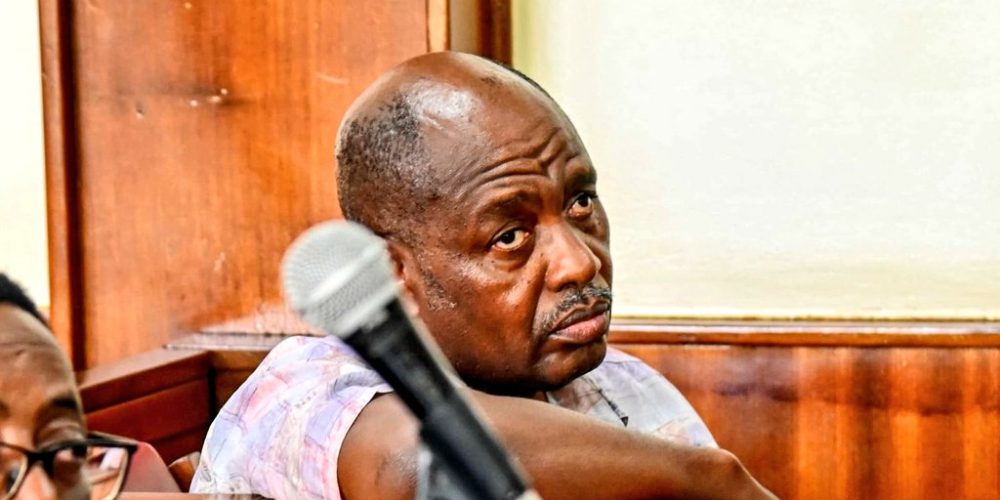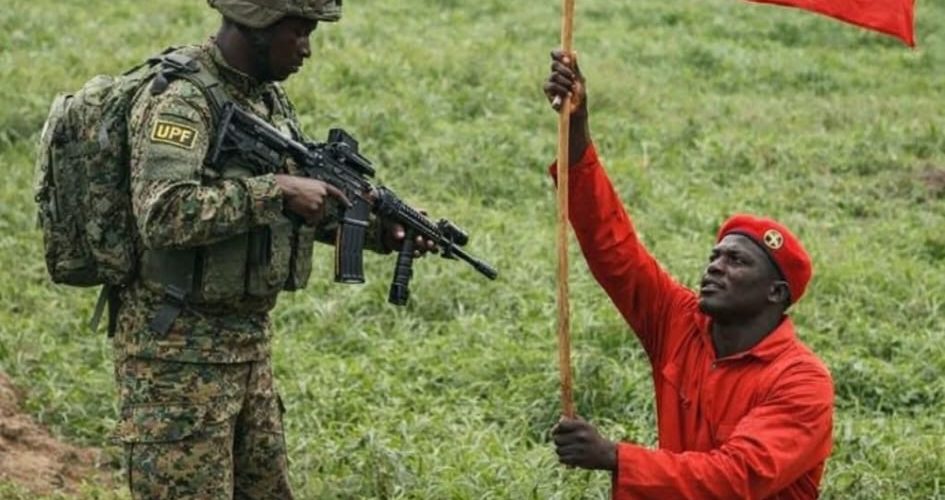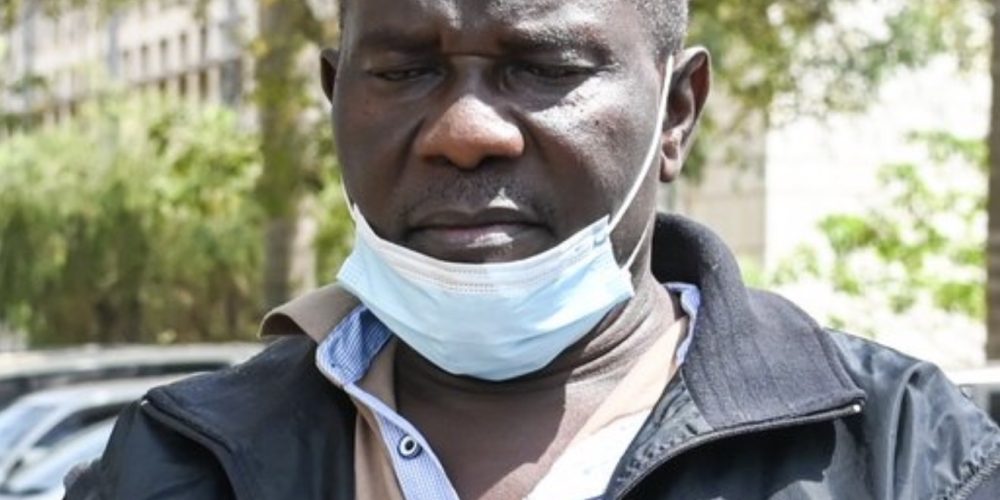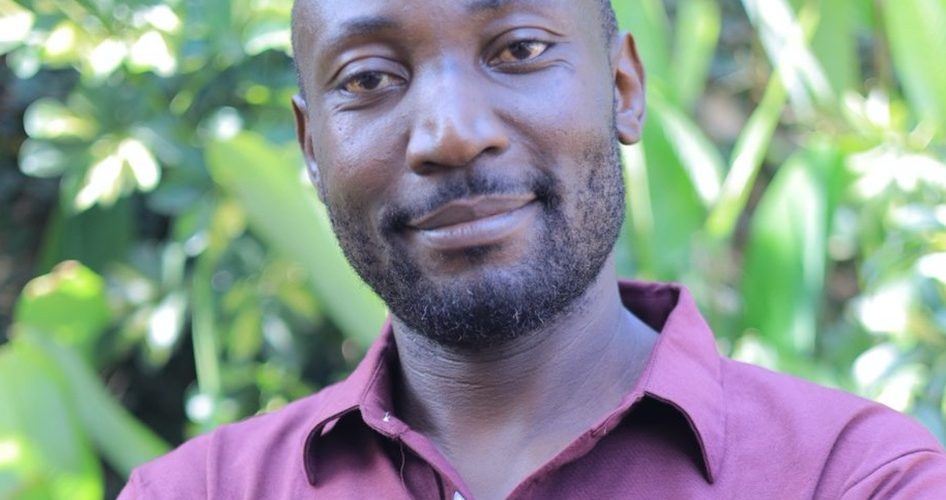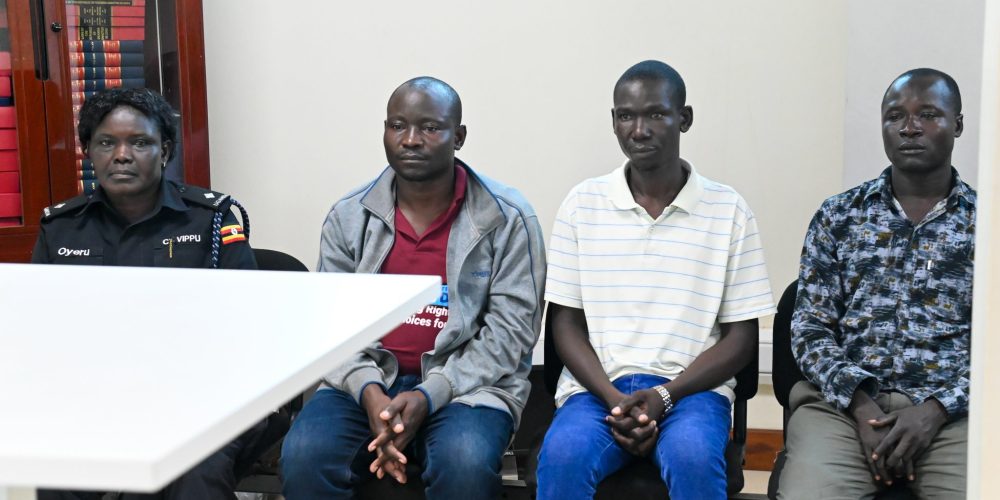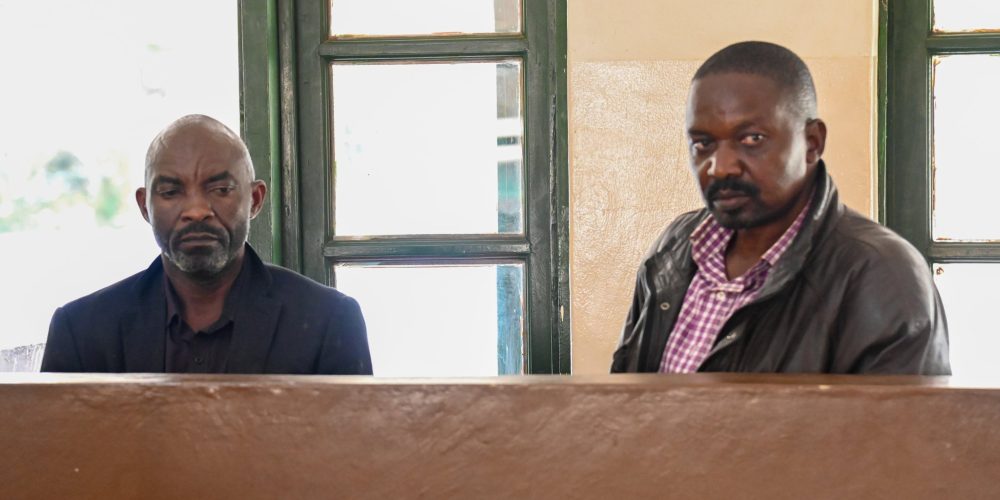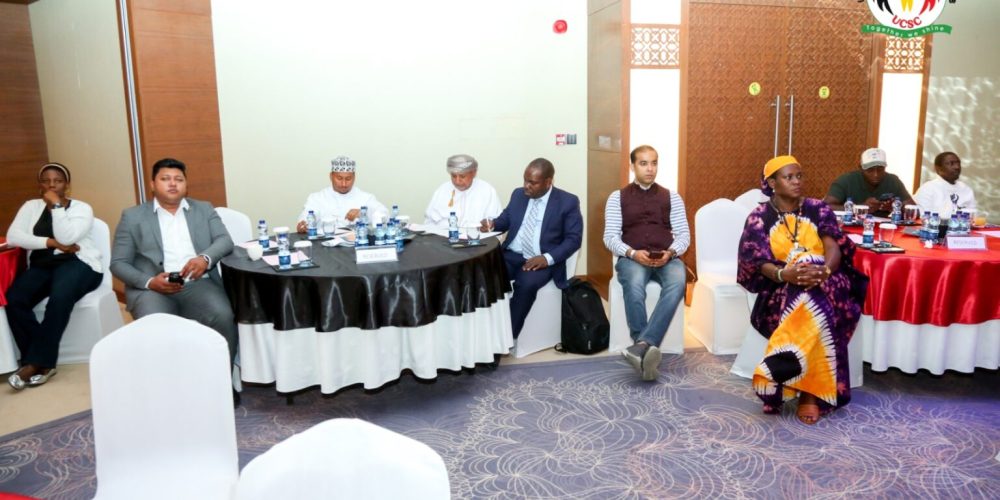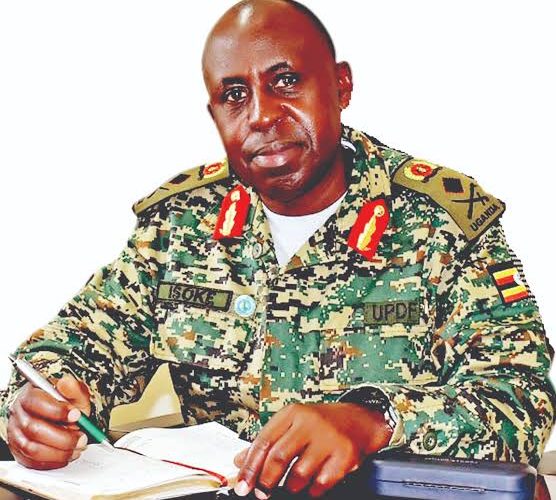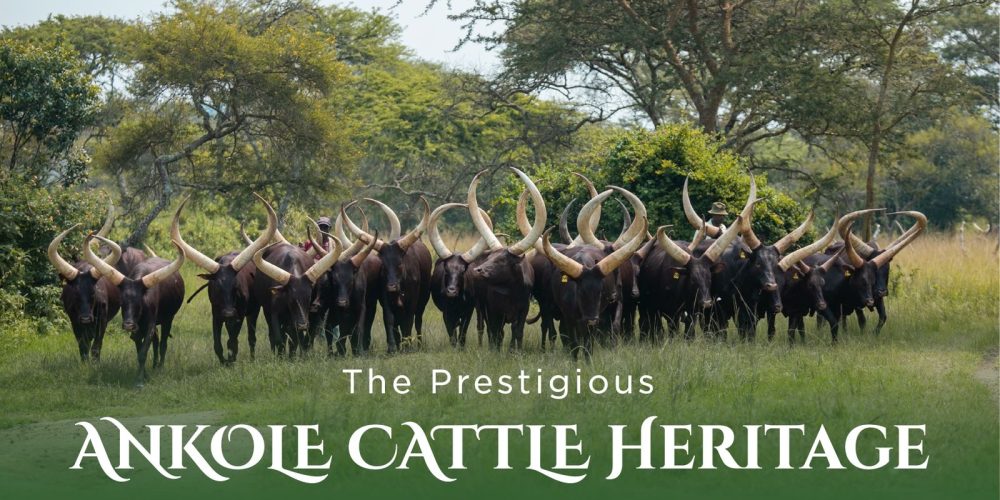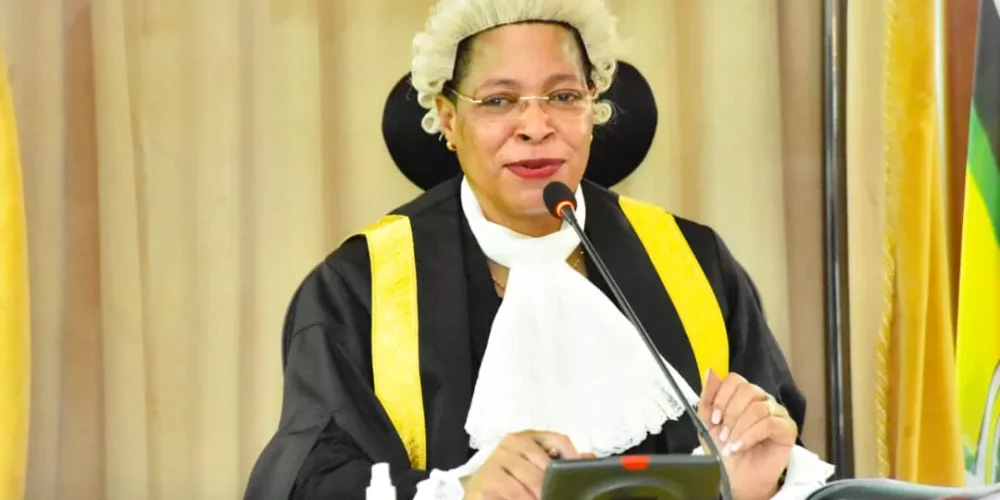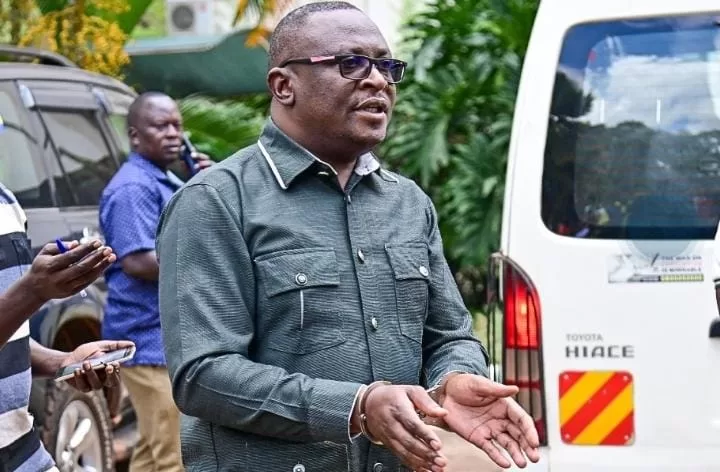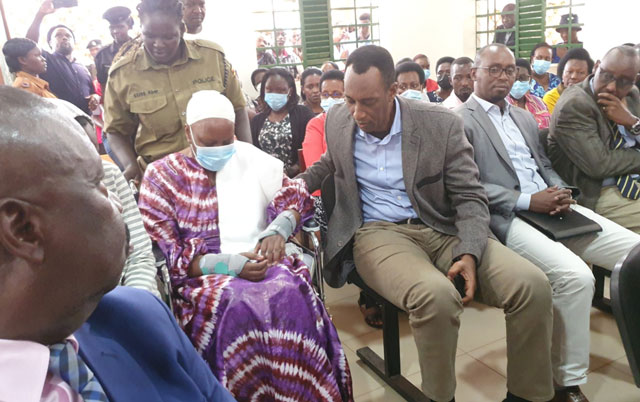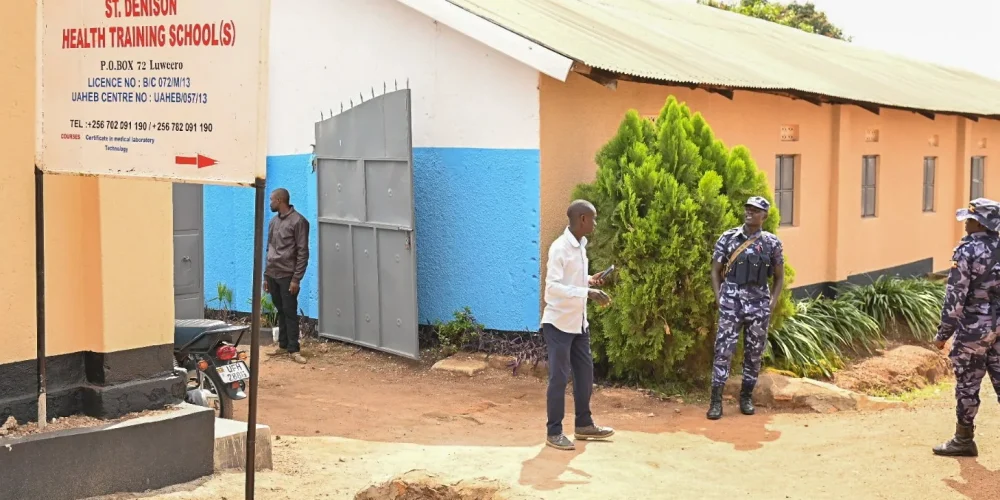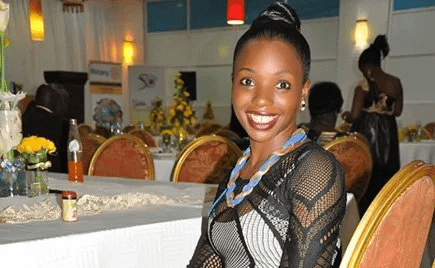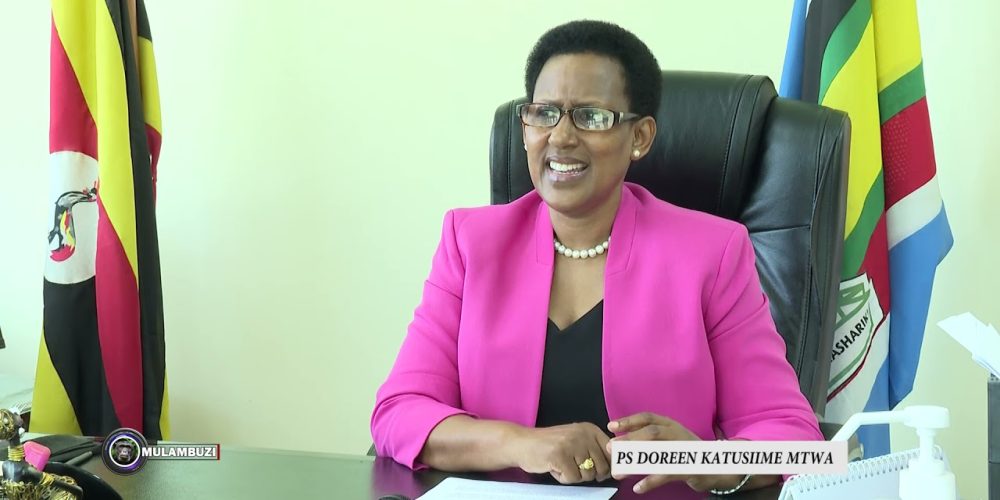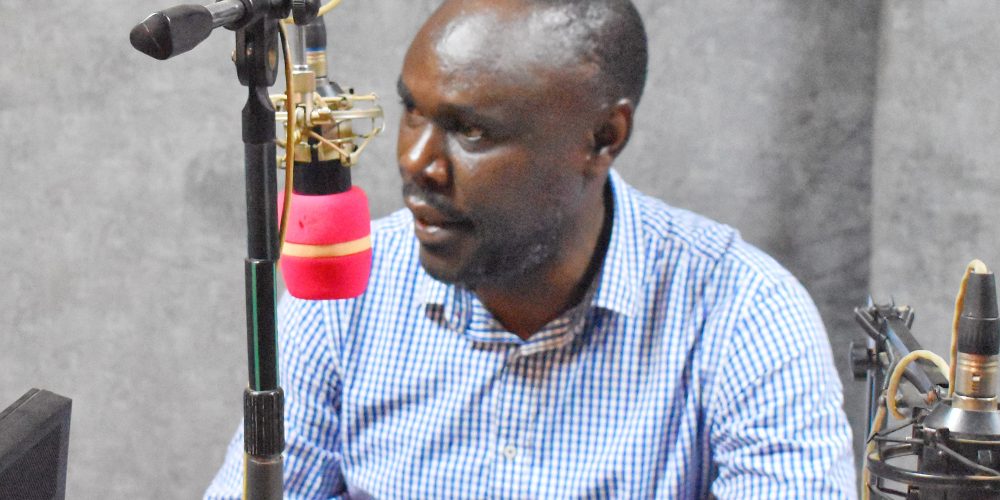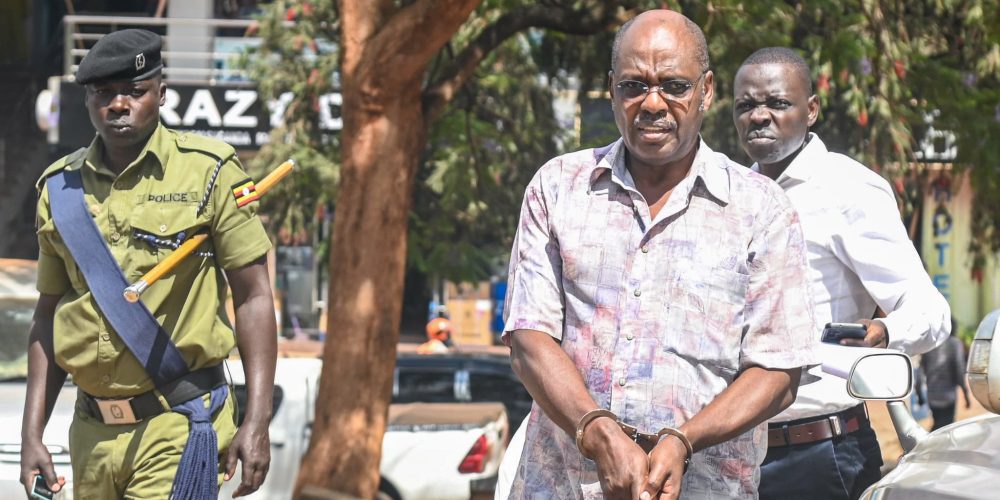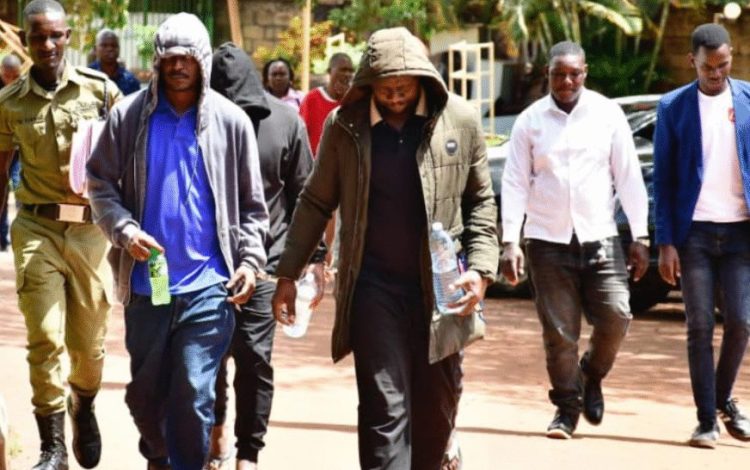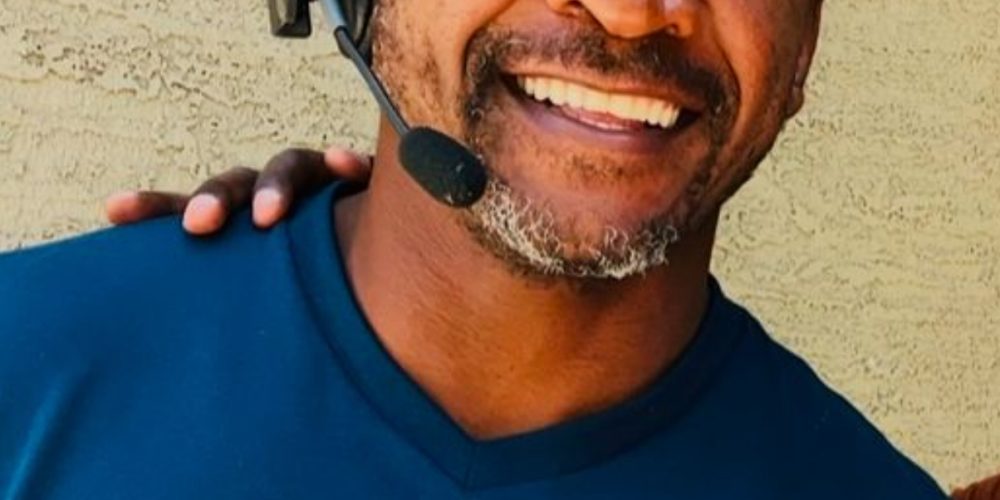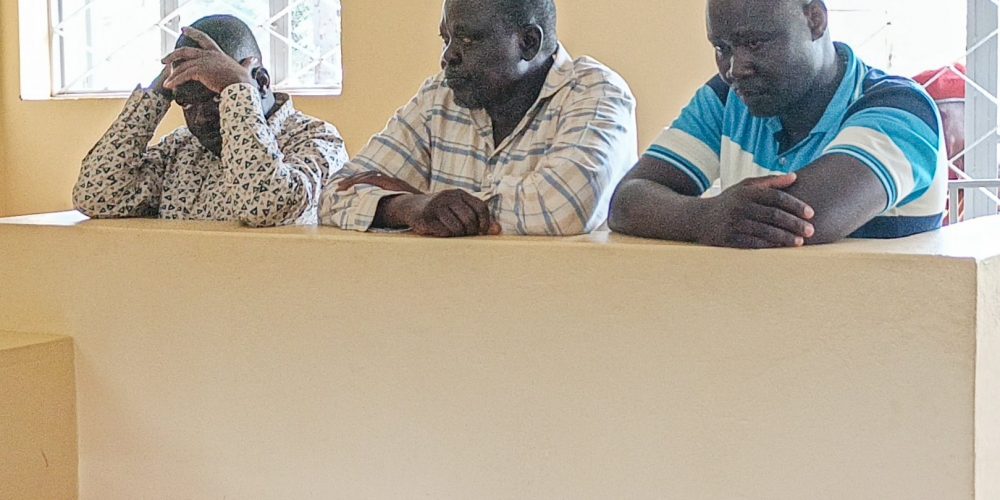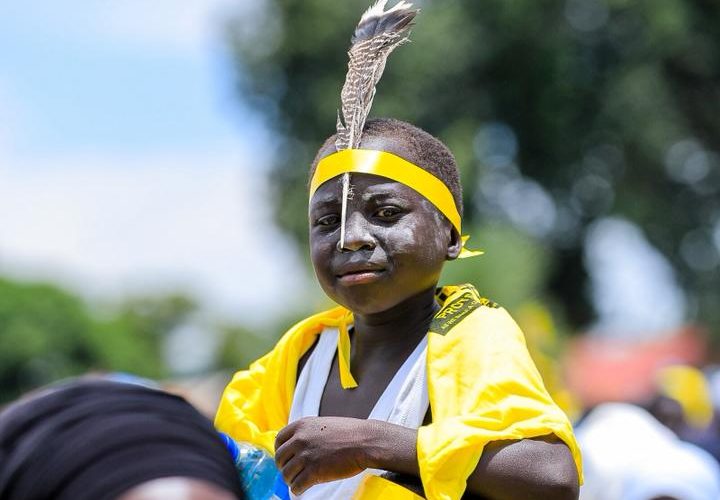Africans Shine Proud at London Pride
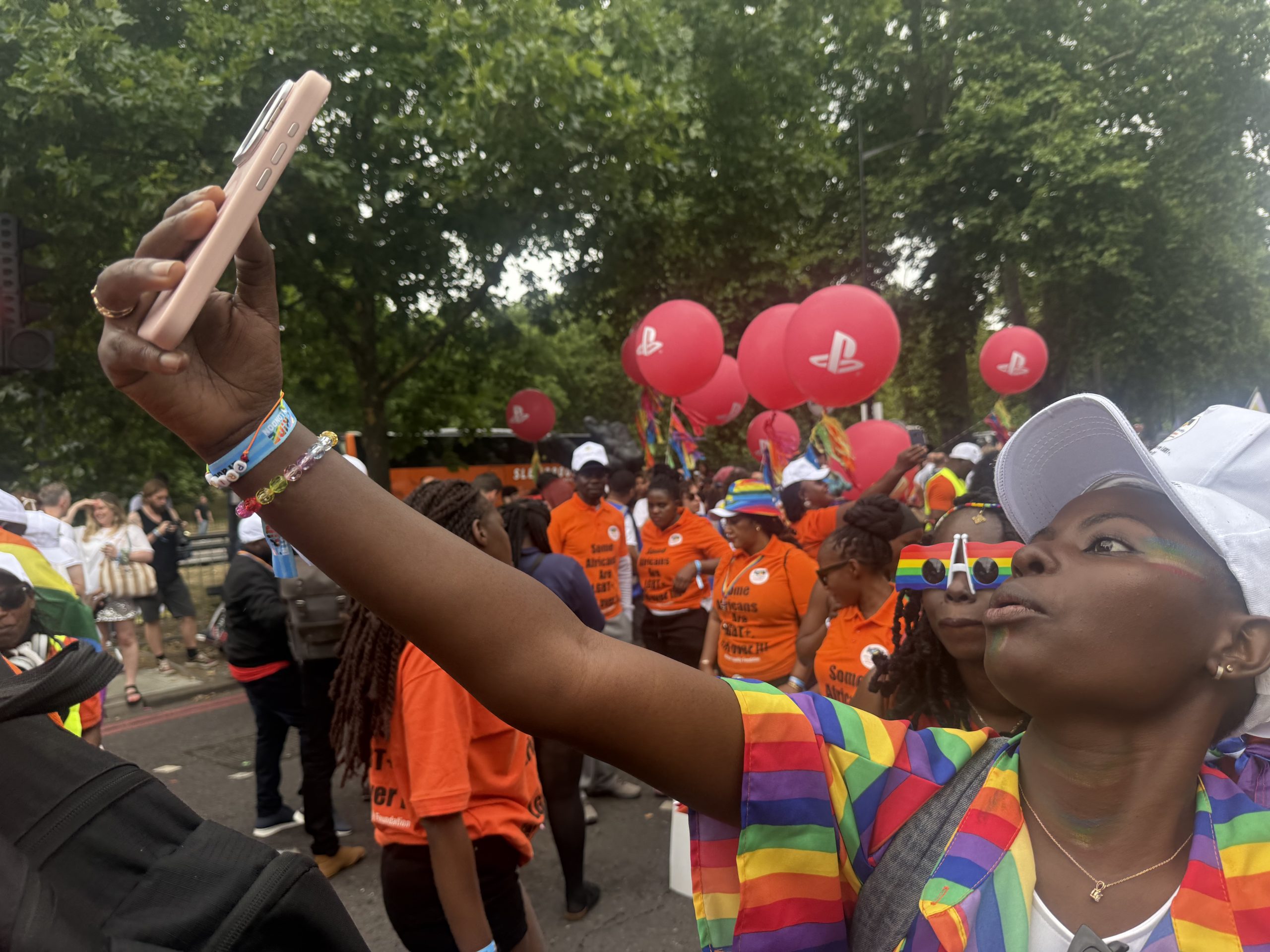
BY JAMES KABENGWA
LONDON. Amid a sea of rainbow flags and roaring chants, East African voices rose today at London Pride—not just in celebration, but in defiance.
For many, this was more than a march; it was a reclaiming of identity, a powerful statement against the silence and persecution faced back home.
In a world where queerness is criminalized across much of East Africa, London became a sanctuary—a place where love was not just seen, but loudly affirmed.
Today, East African LGBTQ+ individuals didn’t just attend Pride; they owned it, transforming the streets into a battleground for visibility, freedom, and unapologetic existence.
London Pride, one of the world’s most prominent LGBTQ+ celebrations, is more than a colorful parade—it’s a symbol of resistance, inclusion, and visibility.
For East African communities like my own Uganda, particularly those from countries where LGBTQ+ identities are criminalized or heavily stigmatized, London Pride offers a rare, powerful space for freedom and affirmation. The event has grown into a vital platform for East African queer voices to be heard, seen, and celebrated.
In many East African nations such as Uganda, Kenya, Tanzania, and Ethiopia, being LGBTQ+ is still taboo, often punishable by law and socially condemned.
Homophobia, religious conservatism, and colonial-era penal codes have created environments where queer individuals face persecution, violence, and isolation. Consequently, many flee these regions and seek asylum in the UK, where they hope to live authentically and safely.
London, home to a vibrant and diverse diaspora, has become a sanctuary for many East African queer refugees and immigrants. London Pride amplifies their stories—stories of resilience, of escape, and of rebuilding lives in a more accepting society.
Organizations like the African Equality Foundation, Out and Proud African LGBTI and UK Black Pride have become cornerstones of support, advocacy, and visibility for queer Africans navigating life in the UK.
“We continue to offer support to all our LGBTQ members,” Edwin Sessange an executive at AEF says.
At today’s London Pride, East African LGBTQ+ individuals marched not just in celebration, but in protest. They carried banners with messages of solidarity for those back home still living in fear.
“Our presence challenges both Western narratives of queer identity and African narratives of exclusion, showing that being East African and LGBTQ+ are not mutually exclusive,” says Gloria Nanyungwe from Uganda.
Draconian Laws
Uganda’s Anti-Homosexuality Act 2023 includes life imprisonment and the death penalty for certain same-sex acts. Kenya’s Penal Code Sections 162–165 criminalize “unnatural offenses,” punishable by up to 14 years in prison.
Tanzania enforces similar laws under Section 154, with sentences up to life imprisonment. In Ethiopia, Article 629 of the Penal Code criminalizes same-sex relations with up to 15 years in prison.
These colonial-era laws, often bolstered by political and religious rhetoric, contribute to violence, discrimination, and the marginalization of LGBTQ individuals across the region.
The essence of London Pride lies in this intersectionality—where race, migration, queerness, and activism meet. It’s a celebration rooted in struggle and resistance, and for East Africans, it offers a chance to reclaim space, culture, and dignity. In a world where they are often forced to hide, London Pride lets them be visible, proud, and free.
London Pride Pictorial
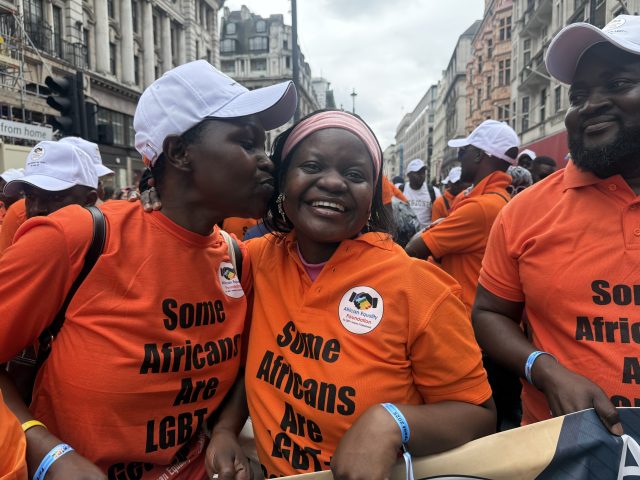
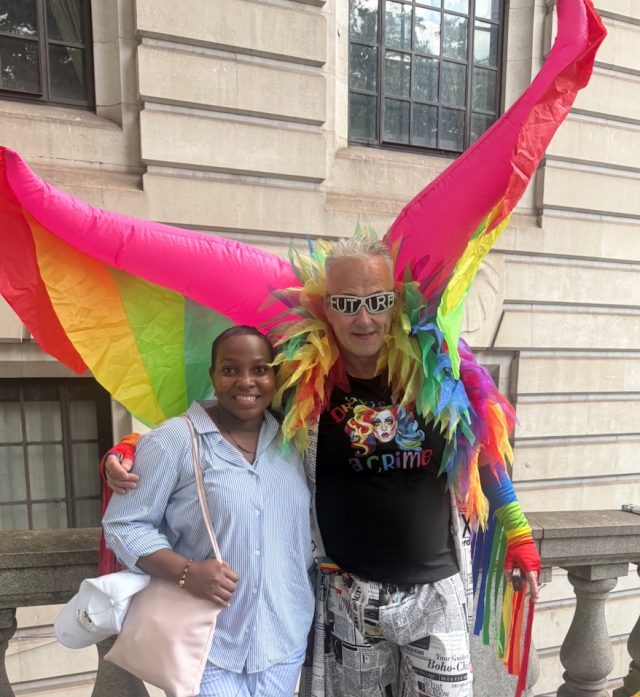
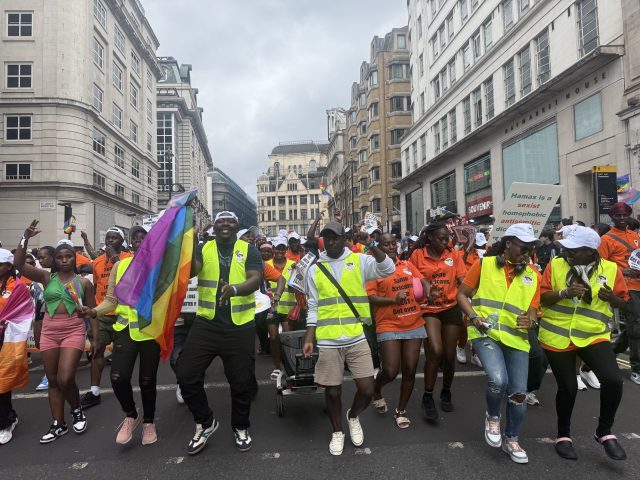
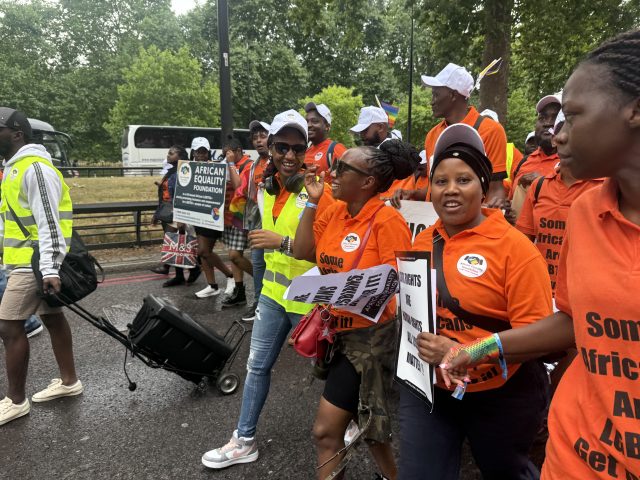
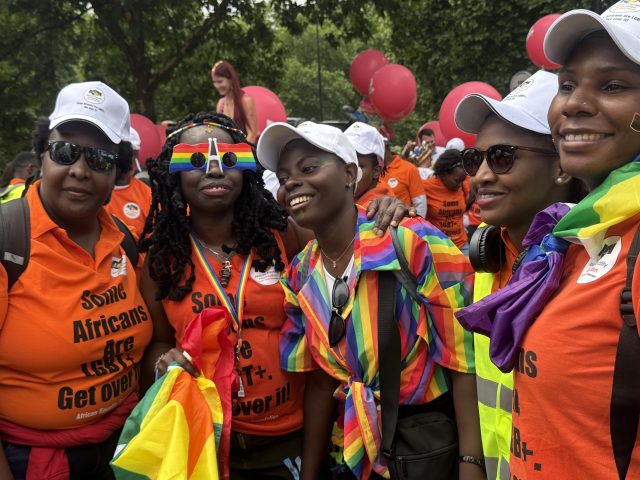
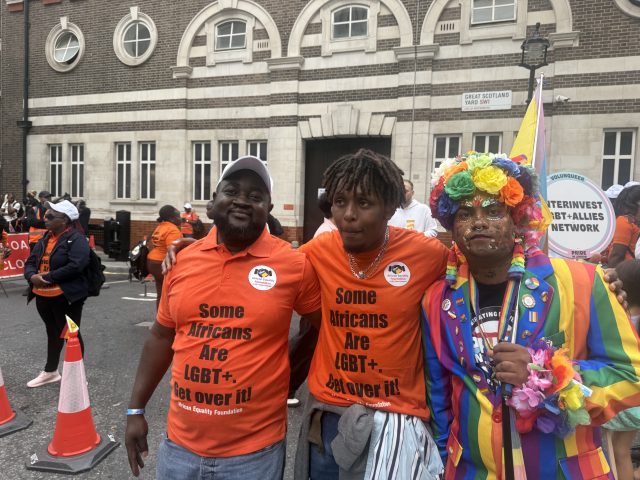

![]()
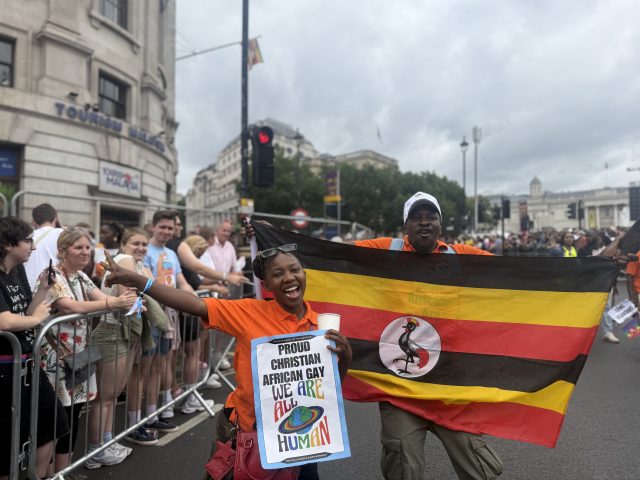
![]()
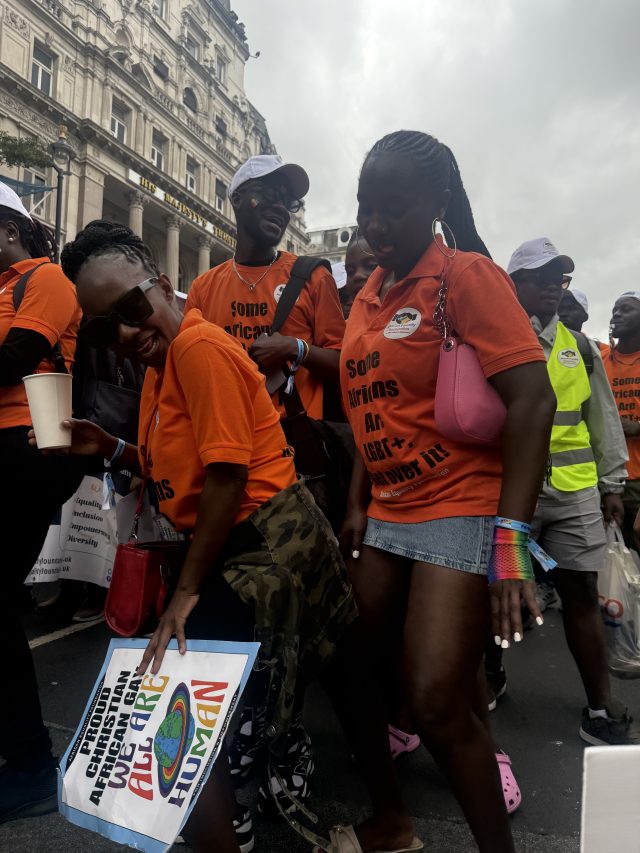


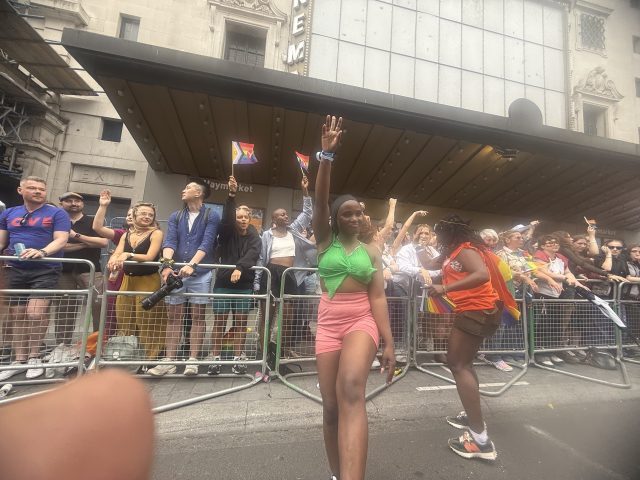

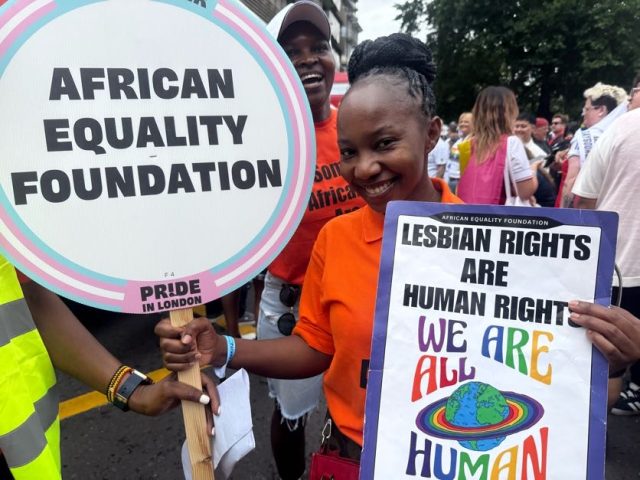
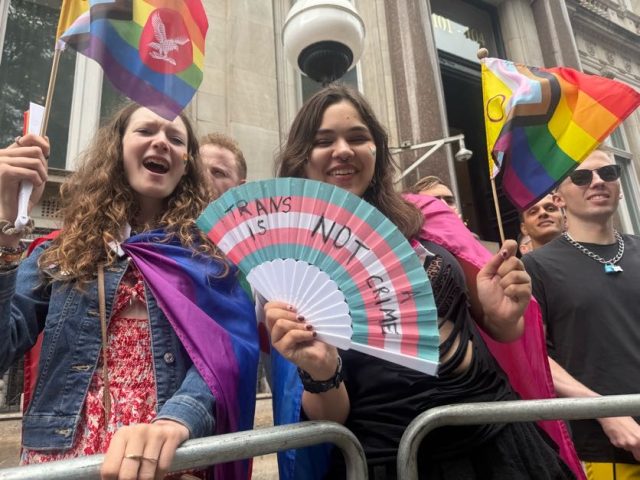

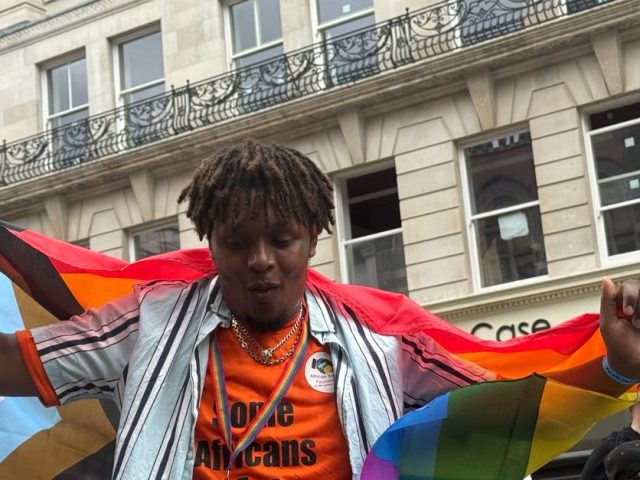
![]()













